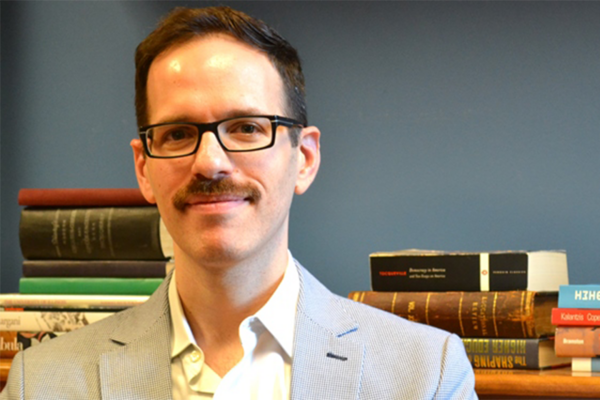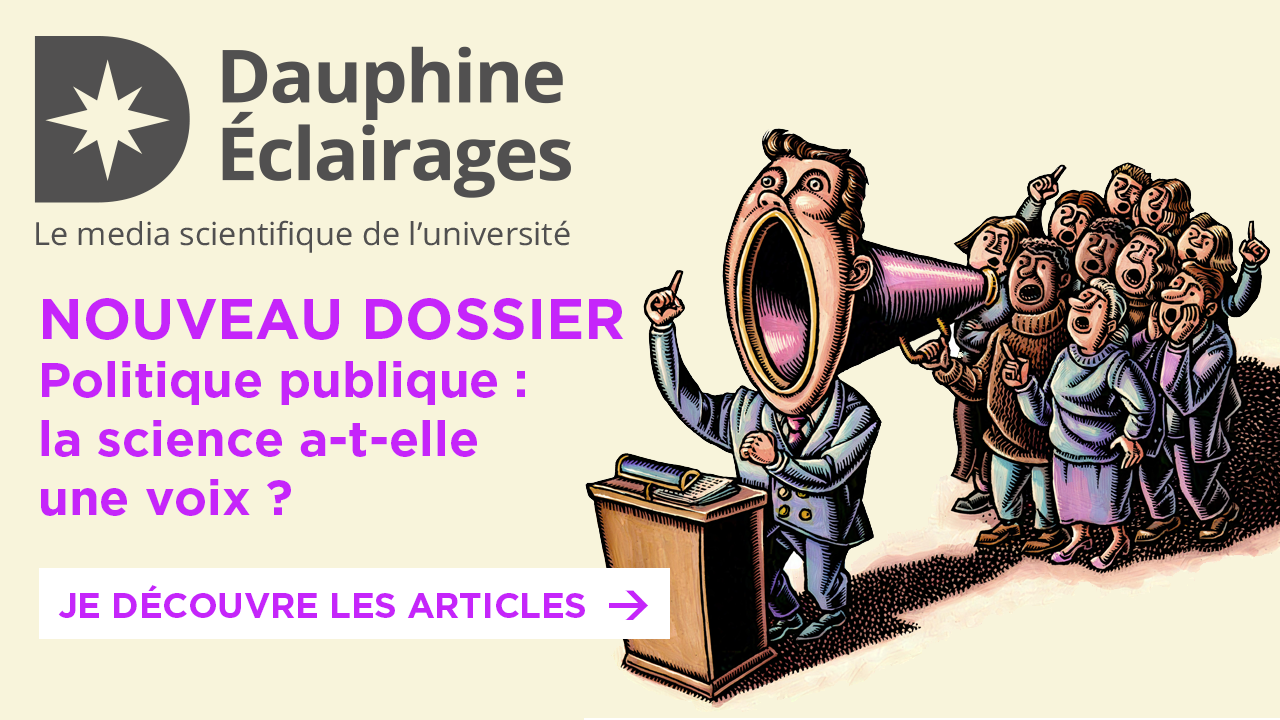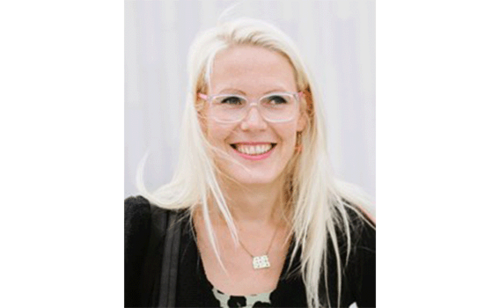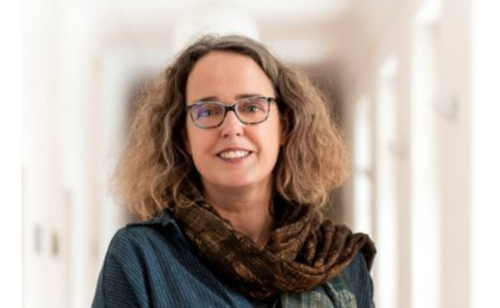"The Roles of Student and Socio-political Factors in College Major Pursuit"

The next session of the seminar "Gender, Behavior and Decision-Making" by the Women & Science Chair, will take place on Tuesday the 8th of November from 5 pm to 6 pm online (Teams).
Registration
The seminar will be fully online (Teams event).
Join ONLINE (link to the teams EVENT)
We will have the pleasure to listen to Joseph Cimpian who will present "The Roles of Student and Socio-political Factors in College Major Pursuit".
Joseph (Robinson) Cimpian, Ph.D., is Professor of Economics and Education Policy at NYU Steinhardt and associated Professor of Public Service at NYU Wagner. He earned a M.A. in Economics and a Ph.D. in Economics of Education, both from Stanford University. Dr. Cimpian's research focuses on the use and development of novel and rigorous methods to study equity and policy, particularly concerning language minorities, women, and sexual minorities.
One line of his research examines how policies - particularly, reclassification policies - can be amended to improve long-term outcomes for English learners. A second line of research examines the relationships among gender, achievement, and college majors, and the roles of individual and societal factors in gender gaps. A third line of his research aims to identify and isolate the biasing effects of invalid data, such as mischievous responders (i.e., respondents who willfully exaggerate their responses), in research and policymaking about LGBTQ youth and beyond.
His work has been funded by the Spencer Foundation, the AERA Grants Board, the National Science Foundation, and the Institute of Education Sciences. His research has been published in some of the top journals in education, psychology, health, and policy, and has been featured by numerous media and policy outlets, including the New York Times, the Washington Post, NPR, and Brookings. He is currently an Editor of the journal Educational Evaluation and Policy Analysis.
Abstract:
Unconditionally, males—specifically, straight-cisgender males—are over-represented in the majors of physics, engineering, and computer science (PECS), while straight-cisgender females are over-represented in nursing. Of course, some portion of this over-representation is attributed to differences in factors like reported interest and career aspirations. But these gender and sexuality/gender-identity gaps are also susceptible to gender and sexuality stereotyping. Using longitudinal, nationally-representative data, we explore the extent to which individuals pursue stereotypical and counter-stereotypical majors, depending on their interests and demonstrated abilities, as well as by the socio-political environment they were raised in. For example, the male-female gap in PECS pursuit is both initially smaller and fully explained by student covariates among high-STEM achieving students; among low-STEM achieving students, males pursue PECS more often, and this cannot be explained by a wide range of factors. The sexuality/gender-identity gaps are, again, smaller and better explained among high-STEM achievers, but this extends through a wider range of majors; among average- and low-STEM achievers, major pursuit follows more stereotypical patterns. Additionally, LGBTQ students raised in more liberal environments more often pursue counter-stereotypical majors, reaching near parity with non-LGBTQ levels. Overall, this work suggests that student ability and the socio-political environment play unique roles in moderating the student factors predicting representation across college majors, suggesting new directions for research and interventions.
About our Women & Science Chair
The Women and Science Chair at Université Paris Dauphine-PSL, created with the support of the L’Oréal Foundation, the Generali Foundation, La Poste, and the Talan Group, seeks to engage and foster interdisciplinary approaches to analyzing the causes and consequences of the underrepresentation of women in careers in scientific research and academia. The Women and Science Chair is member of the UNESCO chairs network.
Informations Pratiques
Date :
mardi 8 novembre 2022
de 17h00 à 18h00
Lieu : En ligne


